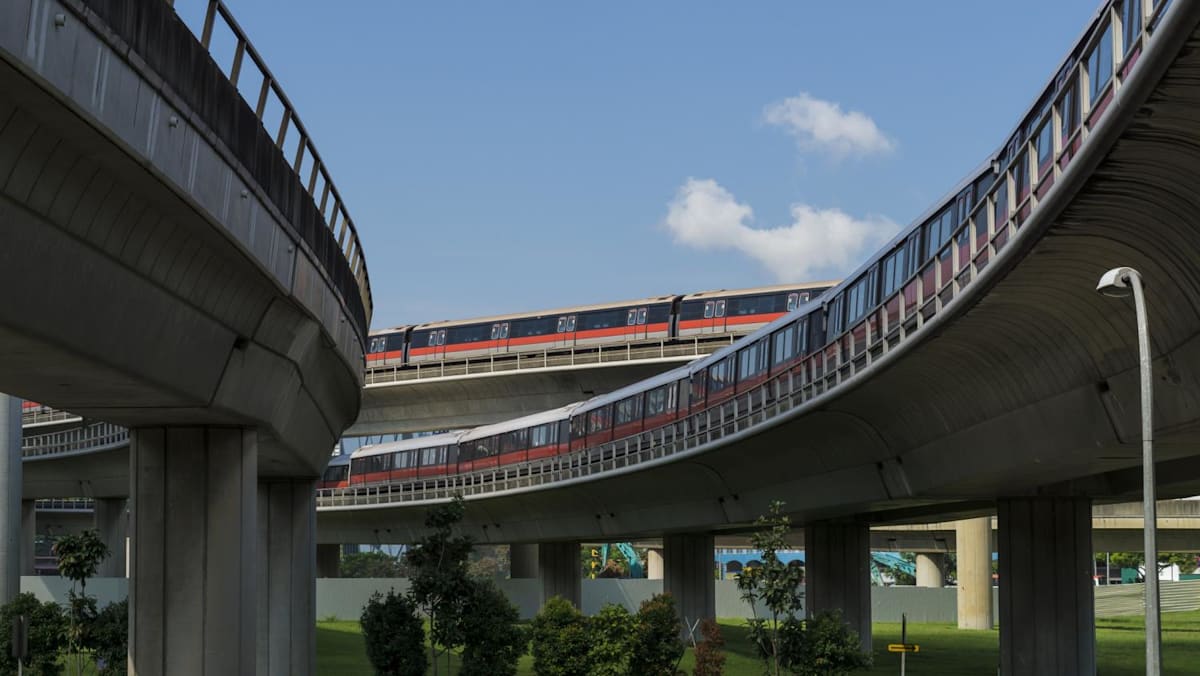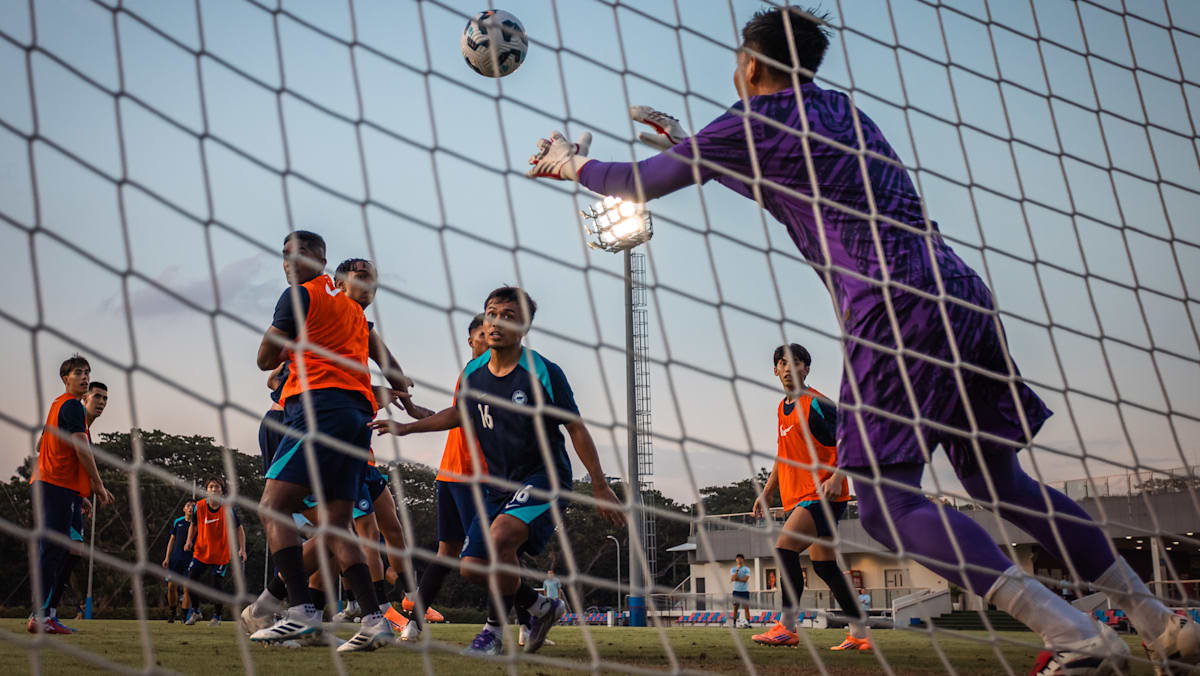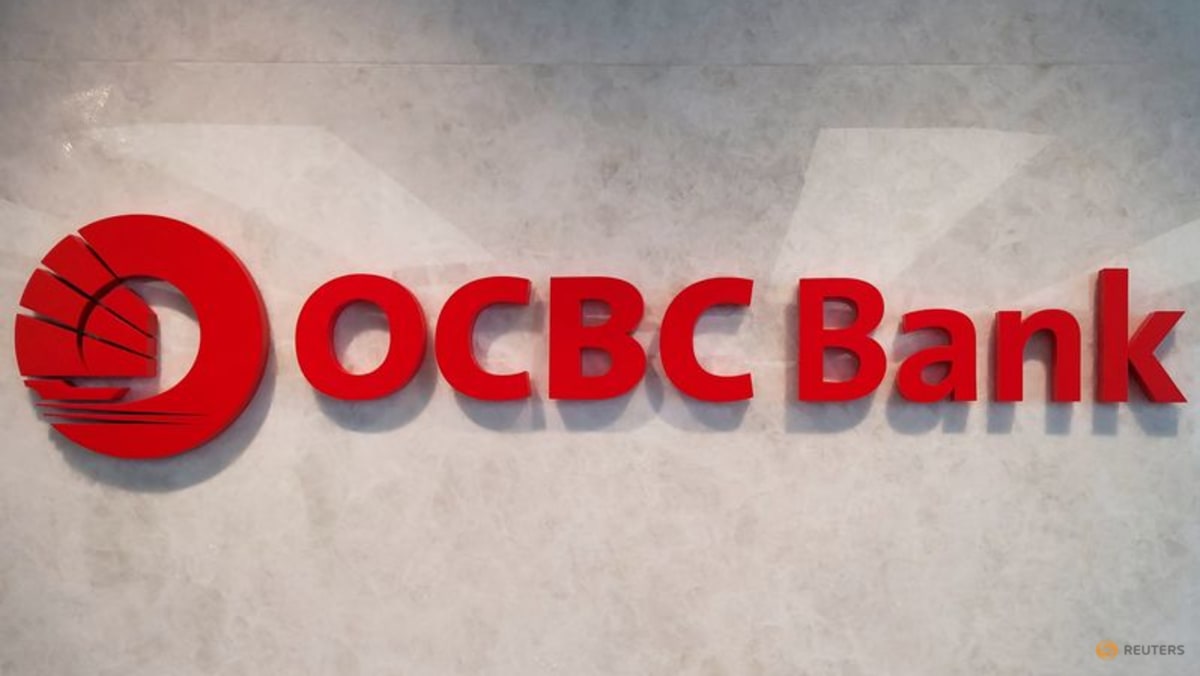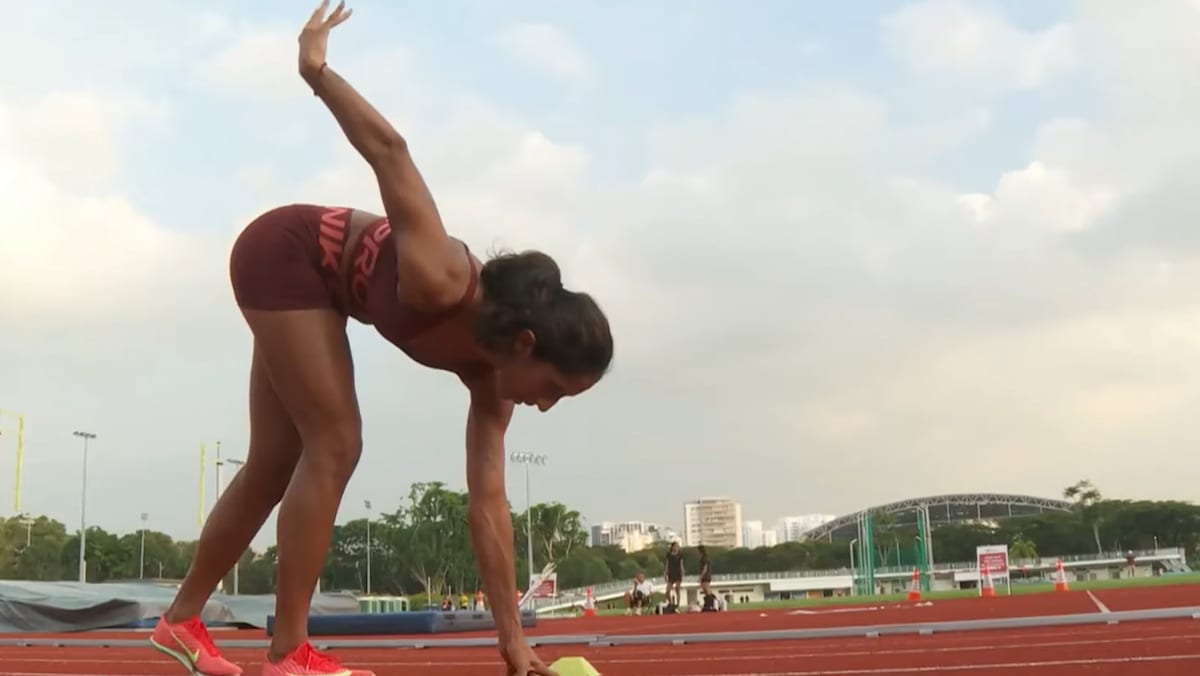OTHER FARE CHANGES
For the first time, the surcharge for express bus services will be raised. These services provide commuters with faster journeys from the heartlands to city areas and key employment centres.
Due to the higher costs of running such services and to improve financial sustainability, the PTC said it will increase their fare difference over basic adult bus and train fares by S$0.40 for adults and S$0.20 for concession groups, for card payments. For cash payments on these services, fares will be increased by S$0.60.
The difference in fares between express and basic services has not been adjusted since 2010.
In addition, the price of monthly passes for adults and seniors will drop by up to 5 per cent, while the government will similarly reduce the prices for Workfare Transport Concession cardholders and those with disabilities, benefitting about 155,000 commuters.
Adults and concession cardholders who use public transport frequently should consider buying monthly passes to cap their public transport expenses and mitigate the impact of the fare increase, the council said.
Lower-income households will also receive S$60 in Public Transport Vouchers, which is unchanged from last year.
PTC said transport operators SBS Transit Rail and SMRT Trains will have to contribute 20 per cent of their expected increase in revenue – a total of S$10.65 million – to the Public Transport Fund, which funds these vouchers.
MANAGING THE DEFERRED QUANTUM
On the issue of the deferred quantum, the council’s decision to raise the fares by 5 per cent reduces it to 9.4 per cent from where it currently is at 12.9 per cent.






